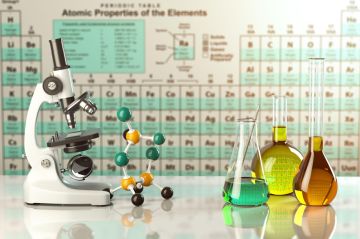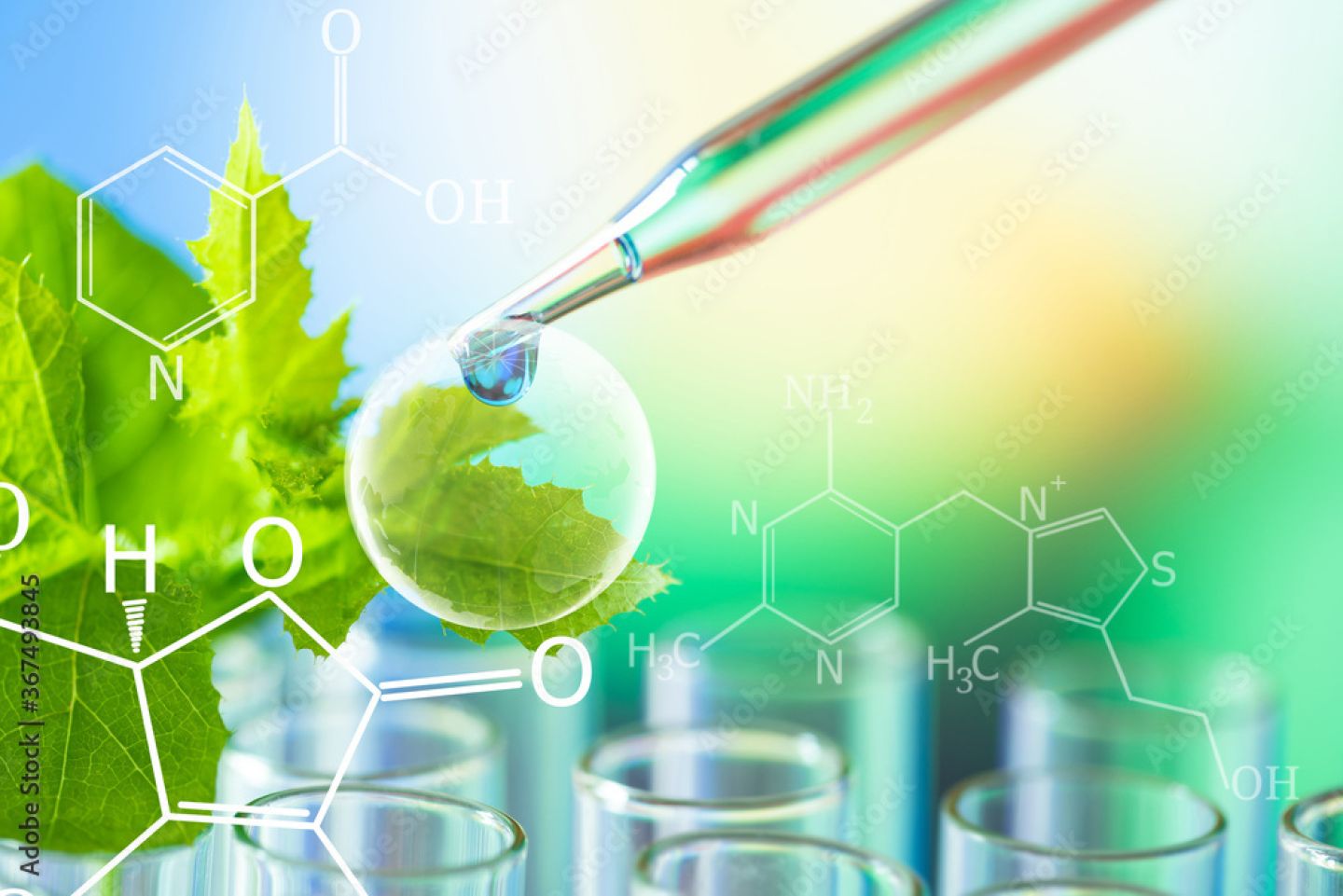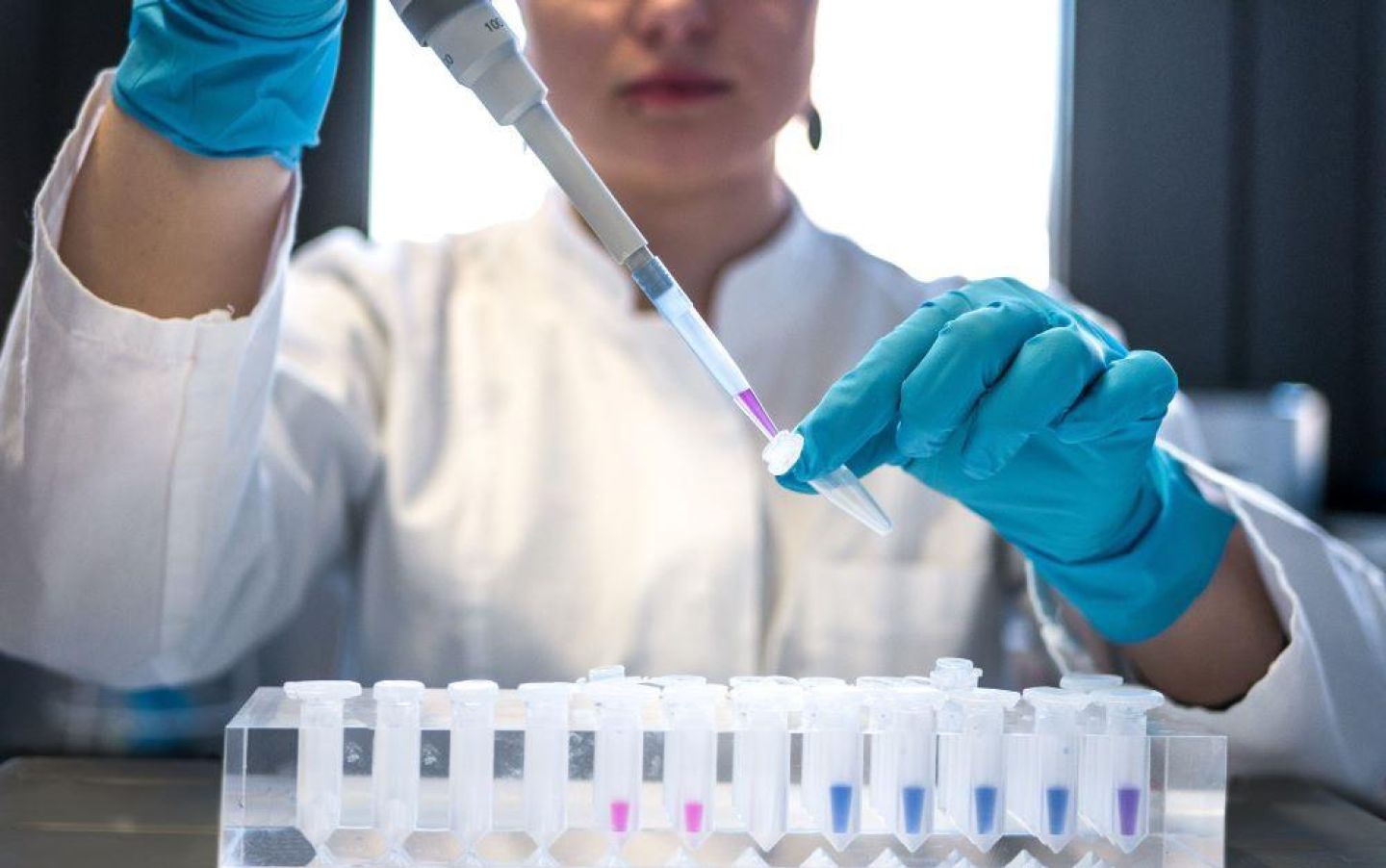Science (Common Entry)

Why Study Science at SETU Waterford?
Studying science at SETU Waterford will broaden your understanding of the world around you and give you the skills needed to approach matters in a reasoned and analytical manner.
All of our programmes offer hands on practical experience and are highly regarded. The programmes were designed to meet the needs of industry in the region, nationally and internationally. Each program has a work placement built into the 3rd year. Feedback from employers and students about the placement experience is excellent.
What is Science (Common Entry)?
Science (Common Entry) was designed as a common entry course for the student who has a keen interest in science, but is unsure of which area they would like to specialise in. This course gives the student a flavour of a variety of different scientific disciplines, allowing them to keep their options open when applying to study science at third level.
Innovative teaching
This programme recently won the ‘Most impactful use of Pearson courseware or services’ award in recognition of the blended learning approach in the delivery of the programmes. The common science programmes use an integrated on-line tutorial system that is delivered to small groups in an IT room supported by one or two members of staff. These weekly formative tutorials allow students to apply or practice the material covered in class that week and student receives individual attention and help at tutorials.
Science (Common Entry) Degree Options
Upon completion of Year 1 of the BSc (Hons) in Science, students have the choice of progressing into the second year of any of the following degree courses that run in the Department of Science at SETU Waterford:
- BSc (Hons) in Food Science and Innovation
- BSc (Hons) in Molecular Biology with Biopharmaceutical Science
- BSc (Hons) in Pharmaceutical Science
- BSc (Hons) in Physics for Modern Technology
Course Modules
The modules of year 1 of the course offer an introduction to biology, chemistry, physics, mathematics and computing. Elective modules are also offered in specialised areas such as Food Science, Pharmaceutical Science, Molecular Biology, Biopharmaceutical Science and Modern Physics. The student can get a taste of what is involved in each of these areas, before making a more informed choice as to which area they would like to specialise in for their degree.
Year 1
| Semester 1 | Semester 2 |
|---|---|
| Introductory Biology | Cell Biology and Biochemistry |
| Introductory Chemistry | Mathematics for Scientists |
| Introductory Physics | Physical and Organic Chemistry |
| Introductory Mathematics | Physics for Scientists |
| Introduction to ICT for Scientists | Choose two of the following electives: |
| Good Lab Practice and Core Skills | *Introduction to Biotechnology and Pharmaceutical Science |
| *Introduction to Modern Physics | |
| *Plant Biology | |
| *Science & Society | |
| *Introduction to Food Science |
Leaving Cert: Minimum entry requirements for Science (Common Entry):
2 subjects: H5
4 subjects: O6/H7
English or Irish: O6/H7
Mathematics: O6/H7
Advanced and Equivalent Entry for Science (Common Entry):
Recommendation for Science (Common Entry):
Applicants should note that a science subject (Biology, Chemistry, Physics, Physics with Chemistry or Agricultural Science) at Leaving Certificate is recommended for this programme.
Career opportunities will be subject to your choice of specialist exit pathways and at the end of first year you will be asked to select one of the courses to study in order to obtain your final award
Career Opportunities:
One of the best reasons for studying science is the wide variety of career opportunities that the graduate has access to. A science degree is a well-established platform to a surprisingly wide range of careers outside science (e.g. management, sales) as well as within science (laboratory, research, and teaching).
Career opportunities will be subject to your choice of specialist exit pathways. Science (Common Entry) is the gateway for four Level 8 BSc (Hons) degrees in SETU Waterford, which include the BSc (Hons) in Food Science and Innovation, BSc (Hons) in Molecular Biology with Biopharmaceutical Science, BSc (Hons) in Pharmaceutical Science, and BSc (Hons) in Physics for Modern Technology. At the end of first year you will be asked to select one of the courses to study in order to obtain your final award. For more information on career opportunities visit the courses under the follow on study section.
Follow on study:
Opportunities for postgraduate study are available at SETU Waterford and other insitutions. The opportunities for postgraduate study will be subject to the course you choose to get your degree in. For more information on the follow on study opportunities visit the following courses:
One of the best reasons for studying science is the wide variety of career opportunities that the graduate has access to. A science degree is a well established platform to a surprisingly wide range of careers outside science (e.g. management, sales) as well as within science (research, teaching).
Career opportunities will be subject to your choice of specialist exit pathways. Science (Common Entry) is the gateway for four Level 8 BSc (Hons) degrees in SETU Waterford, which include the BSc (Hons) in Pharmaceutical Science, BSc (Hons) in Molecular Biology with Biopharmaceutical Science, BSc (Hons) in Food Science and Innovation and BSc (Hons) in Physics for Modern Technology. At the end of first year you will be asked to select one of the courses to study in order to obtain your final award. For more information on career opportunities visit the following courses:
Completion of a level 8 programme will also enable students to undertake taught Masters programmes or Masters degrees by research at SETU Waterford or other third-level colleges
Stories
Course Leader










